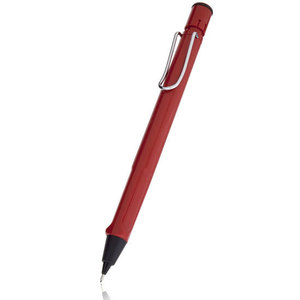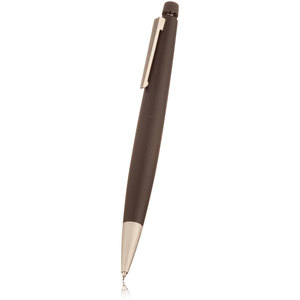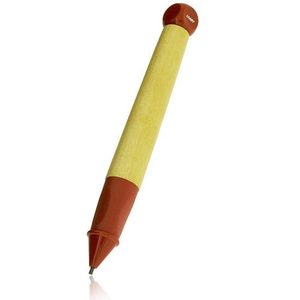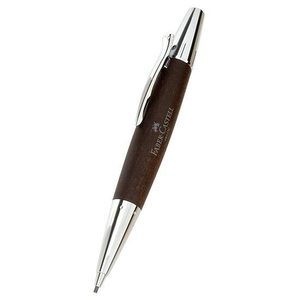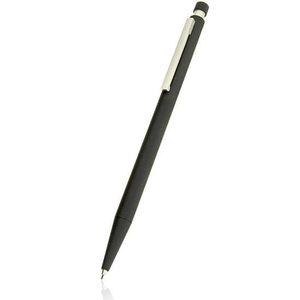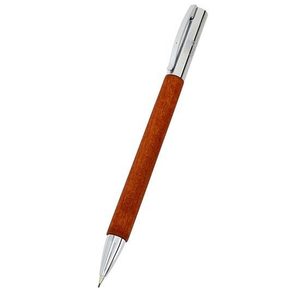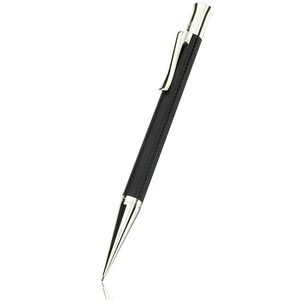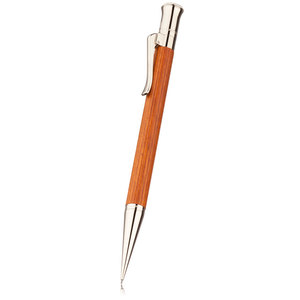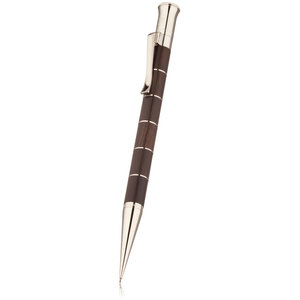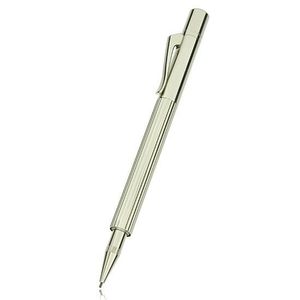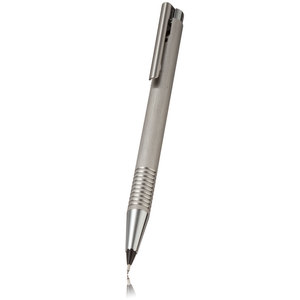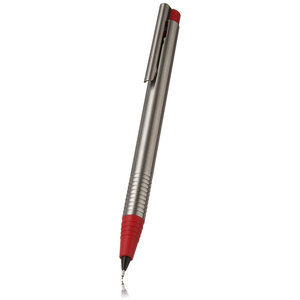Pencils
Pencils remain popular. Many people like to work in pencil and the ability to easily correct mistakes or remove a temporary note, can be a real advantage. Our range of quality traditional wood-cased pencils can be found here. Faber-Castell started making graphite pencils in 1761 and have been in continuous production ever since. They have taken the traditional wood cased pencil to new a level with the 'Perfect Pencil' range, which includes a combined extender and sharpener .Many of our pen ranges now include a matching mechanical pencil. There are two fundamentally different types of mechanical pencil: the clutch pencil and the propelling pencil. The 'clutch' pencil has a gripping mechanism which is released by pushing the end button. This allows the lead to slide freely out of the pencil. Releasing the button grips the lead in its new position. Mainly used for drawing, clutch pencils tend to be used by artists, as well as designers and engineers. Propelling pencils are more commonly used both for writing and drawing. The lead is extended a small amount each time the mechanism is operated, either by a push button, or by a twist action. The lead tends not to be free to slide, however holding the mechanism in it's operated position does allow the lead to be manually pushed back into the pencil. Some mechanisms include a guide tube to support the fine lead and reduce breakage. On some pencils, this tube together with the can be retracted to avoid it being damaged. Propelling pencils are commonly available with 0.5mm and 0.7mm leads and other sizes from 0.3mm to 1.4mm are also available. Our large range of mechanical pencils can be found here.
Filter
